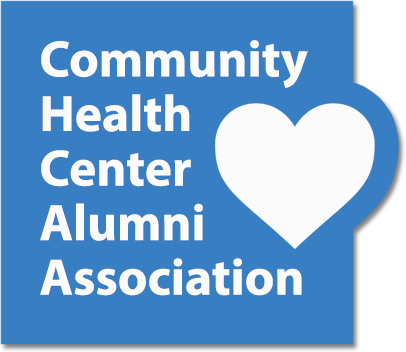Donna Thompson was hired by the Access Community Health Network in 1995 to help turn the network around. Then known as Sinai Family Health, the network had nine sites centered in Chicago’s inner-city areas, had only one grant and was losing money, and was not meeting operational targets, Thompson recalled.
While 20 years is a long time, the change and growth has been remarkable. Access Community Health Network now has 36 sites in urban and suburban settings treating 176 patients a year. Its $118 million budget is supported by $20 million in grants from federal, state and private philanthropic sources.
Managing that growth has been challenging, admits Thompson, who moved from Chief Operating Officer to Chief Executive Officer 11 years ago. Health care has become more complicated and community health centers have had to focus on more than just increasing capacity, she added.
“Especially since the Affordable Care Act, the landscape is a lot more competitive and we have to focus more on people-based care,” Thompson said. “Now, being a health system in the community means being more aggressive on price points for the population we’re used to taking care of, and also moving from fee-based to more value-based care.”
Nowadays, she said, health centers have to pay a more attention to accommodating the patient, she said. For Access, that has meant such changes as expanded hours (as early as 6:30 a.m.), and technological advancements to make care more convenient (such as a smartphone app that allows patients round-the-clock access to information and the ability to schedule appointments).
Access also has been successful, Thompson said, by building strategic alliances – especially in the community. “Community health centers cannot thrive in isolation,” she said. “It’s really about creating collaborative efforts within the community over time. You cannot build the trust that allows you to build meaningful collaboration overnight. You almost have to build it brick by brick.”
Thompson said her success in turning around Access is largely due to having remained focused on the task for 20 years.
Asked what she has come to appreciate about the value of community health centers in those years, Thompson channeled her inner Maya Angelou: “They have gone beyond being a place for health. We are a safe harbor. …We are a cooling station in the winter for that senior citizen whose apartment gets too hot and she may be afraid to open her window, or a heating place for someone who may have had her heat turned off. We are a place for people to come to pour their hearts out about their problems that have nothing to do with health care – that son who has been incarcerated again, or that husband who has lost his job.”
The centers also are a “glue” that holds the community together and helps many transition to a better life, Thompson added. She noted that Access hires from the communities it serves and offers its employees both college scholarships as well as small loans to help get them into homeownership.
Helping others seems to be something that runs deeply in her veins – she started out as a nurse and has been married to a social worker for 27 years. And it also seems to be a trait she is passing on: her daughter is about to receive her doctorate in pharmacy and is eager to use her education to help the medically underserved.
“The opportunity to make a difference in the community day in and day out has truly been a blessing,” she said.

